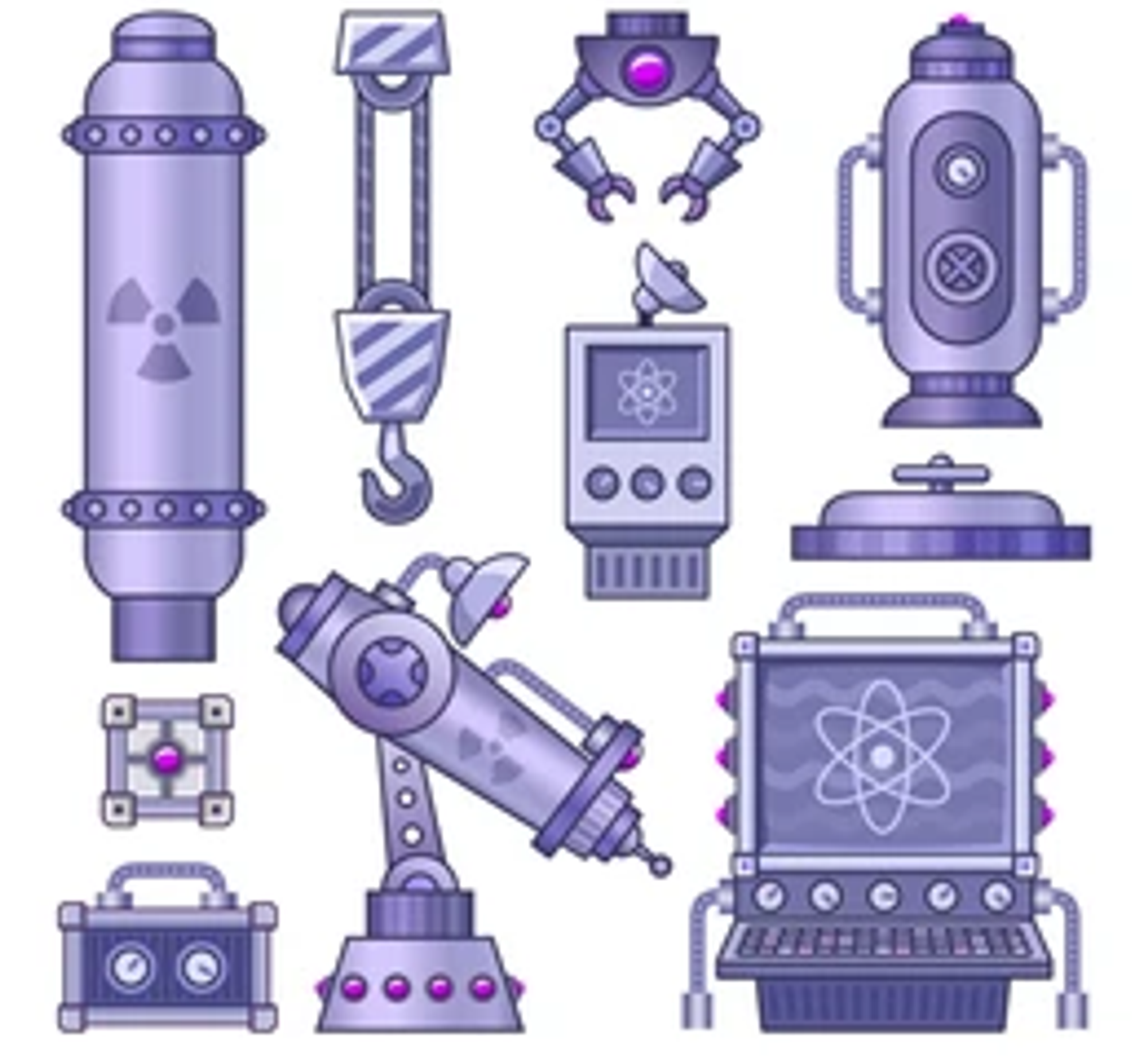Photo AI
Last Updated Sep 26, 2025
Instrumental Methods Simplified Revision Notes for GCSE AQA Chemistry
Revision notes with simplified explanations to understand Instrumental Methods quickly and effectively.
280+ students studying
8.3.7 Instrumental Methods
Instrumental methods in chemistry involve using advanced machines to perform experiments and analyse substances. These methods offer numerous advantages over traditional, manual techniques, allowing scientists to achieve a level of precision, accuracy, and efficiency that would be impossible by hand. One well-known instrumental method is flame emission spectroscopy, which uses visible light to identify the atoms or ions present in a sample.

Chemical Instruments and Their Advantages
Chemical instruments are specialised machines designed to perform detailed analysis of chemical samples. Unlike simple chemical tests, which rely on human observation, these instruments can analyse and quantify reactions with high precision.
Types of Techniques:
- Spectroscopy: This involves analysing the radiation (such as light) that a sample emits or absorbs. Different types of spectroscopy, such as Infrared (IR) spectroscopy, provide detailed information about the molecular structure and composition of a sample.
- Gravimetry: This technique involves measuring a sample's mass to analyse its composition.
How Chemical Instruments Work:
- A chemical instrument, like an Infrared (IR) spectrometer, conducts a small-scale experiment on a sample to gather data about one or more of its properties.
- The data collected by the instrument is then processed by a computer, which can produce detailed results, often in the form of tables or graphs.
- Scientists then interpret and analyse this data to draw conclusions about the sample.
Benefits of Instrumental Methods
- High Precision and Sensitivity:
- Instrumental methods allow for the analysis of samples with a level of precision that manual methods cannot achieve. For example, instruments can detect very small changes in mass (down to micrograms) or very short time intervals (down to microseconds).
- They can also work with extremely small sample sizes, making it possible to study rare or expensive materials without wasting them.
- Efficiency and Speed:
- Machines can carry out experiments much faster than humans. This speed, combined with the ability to run experiments automatically, means that more experiments can be performed in less time.
- For instance, a spectrometer can collect thousands of data points in just a few seconds, which are then quickly processed and analysed by a computer.
- Less Labour-Intensive:
- Using machines reduces the manual labour required to conduct experiments. A single machine can often do the work of many scientists, freeing up time and resources for other tasks.
- This efficiency also allows for more extensive experimentation, leading to more comprehensive data collection and analysis.
- Detailed Analysis:
- The vast amount of data generated by instrumental methods can be analysed in much greater detail than data from traditional methods. This allows scientists to uncover subtle details about the chemical properties of a sample, leading to more accurate conclusions.
500K+ Students Use These Powerful Tools to Master Instrumental Methods For their GCSE Exams.
Enhance your understanding with flashcards, quizzes, and exams—designed to help you grasp key concepts, reinforce learning, and master any topic with confidence!
90 flashcards
Flashcards on Instrumental Methods
Revise key concepts with interactive flashcards.
Try Chemistry Flashcards9 quizzes
Quizzes on Instrumental Methods
Test your knowledge with fun and engaging quizzes.
Try Chemistry Quizzes29 questions
Exam questions on Instrumental Methods
Boost your confidence with real exam questions.
Try Chemistry Questions27 exams created
Exam Builder on Instrumental Methods
Create custom exams across topics for better practice!
Try Chemistry exam builder26 papers
Past Papers on Instrumental Methods
Practice past papers to reinforce exam experience.
Try Chemistry Past PapersOther Revision Notes related to Instrumental Methods you should explore
Discover More Revision Notes Related to Instrumental Methods to Deepen Your Understanding and Improve Your Mastery
